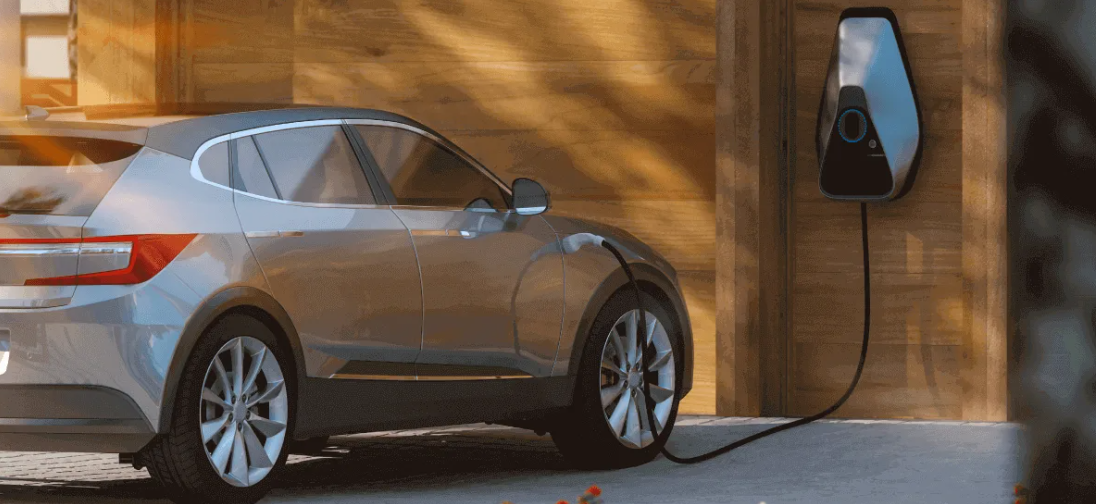Charging electric cars at home
Estimated reading time: 3 minutes, 13 seconds
Electric cars have taken the automotive industry by storm, offering a cleaner and more sustainable method of transportation. As more people are switching to electric vehicles (EVs), the need for efficient and convenient charging solutions becomes paramount. We’ll explore the ins and outs of charging an electric car at home, covering the benefits, types of charging, factors to consider, tips for efficient charging, and solutions to common challenges.
What is charging an electric car at home?
Charging an electric car at home involves using a residential charging station to refill the vehicle’s battery. Unlike traditional gas stations, home charging offers the convenience of charging your EV in the comfort of your own space.
Benefits of home charging
Cost savings
A significant advantage of charging at home is the potential for cost savings. Home electricity rates are often lower than those at public charging stations, making charging sessions more affordable.
Facility
Home charging offers unparalleled convenience. Imagine waking up every morning with a fully charged electric car, eliminating the need for frequent stops at charging stations during your daily commute.
Charging types
level 1 charging
Level 1 charging involves using a standard household electrical outlet to charge your electric car. Although this is the slowest charging option, it is a practical solution for overnight charging.
level 2 charging
For faster charging, Level 2 charging uses a 240-volt circuit. Many homeowners choose to install a Level 2 home charging station, which significantly reduces charging times.
Installing a Home Charging Station
Installing a home charging station requires consideration of electrical capacity, cost, and compatibility with your electric car model. Hiring a professional electrician for installation ensures a seamless and safe charging setup.
Factors to Consider
Electric car compatibility
Not all electric cars are created equal when it comes to charging compatibility. It is essential to ensure that your vehicle is compatible with the charging station you plan to install at home.
Electrical potential
Before installing a home charging station, assess your home’s electrical capacity. It may be necessary to upgrade your electrical panel to accommodate the additional load.
Installation cost
While long-term cost savings are a benefit, it is important to consider the upfront cost of installing a home charging station. Government incentives and rebates can offset some of these costs.
Tips for efficient charging
Off-peak charging
Take advantage of off-peak hours when electricity rates are lower. Many utility companies offer discounted rates during specific times, making charging more affordable.
Routine maintenance
Make sure your home charging station is well maintained. Regular checking and cleaning can contribute to its efficiency and longevity.
Smart charging solution
Explore smart charging options that allow you to remotely monitor and control your charging sessions. Smart solutions increase efficiency and provide a seamless user experience.
Overcoming challenges
Range anxiety
A common concern among electric car owners is range anxiety. Educate yourself about your car’s range and strategically plan charging stops to reduce this concern.
Charging time
While Level 1 charging is slow, Level 2 options offer faster charging. Understanding your daily driving requirements helps to manage charging time effectively.
Government incentives
Tax credits
Government incentives, such as tax credits, can significantly reduce the total cost of installing a home charging station. Contact local officials to find out available incentives.
Discount
In addition to tax credits, rebates from both the state and federal levels can offset financial investments in home charging infrastructure.
Future trends
Advances in home charging technology
With continued advancements in charging technology, the future of home charging is bright. Stay informed about the latest developments to ensure your home charging setup remains state-of-the-art.
Conclusion
As we look forward, charging electric cars at home emerges as an important component of sustainable transportation. The benefits, along with ongoing technological advancements, establish home charging as a practical and eco-friendly option for electric vehicle owners. Embrace the transition to a greener future by making your home an electric car charging haven.
